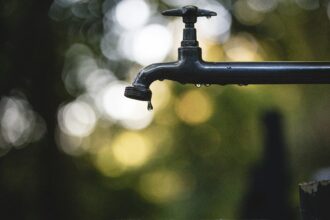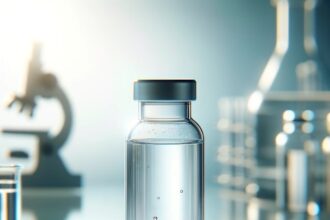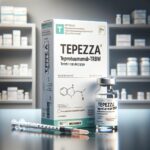The awaited settlement for Camp Lejeune veterans and their families, stemming from exposure to toxic water at the North Carolina Marine Corps base, continues without resolution. Despite nearly 100,000 claims filed with the Navy, no settlements have been issued, with less than a fifth of the claims processed to date.
From 1953 to 1987, an estimated one million individuals residing and working at Camp Lejeune may have encountered contaminated drinking water due to on-base leaks, off-base chemical mishandling, and spills, prompting concerns. The enactment of the Camp Lejeune Justice Act by President Joe Biden in August 2022 empowered legal action against the federal government in response to this situation.
Mike Partain, a male breast cancer survivor born at Camp Lejeune, shared his exposure account, attributing his exposure to contaminated water used in the baby formula he consumed in 1968, highlighting over 130 men diagnosed with male breast cancer linked to the water contamination.
A 2015 study by researchers at the Centers for Disease Control and Prevention identified possible connections between the chemicals in the Camp Lejeune water and male breast cancer, also linking the tainted water to various other illnesses. The Navy has commenced processing about 17,000 claims out of over 93,000 received under the Camp Lejeune Justice Act and is augmenting efforts with additional staff and IT solutions for swifter resolutions.
The U.S. Department of Justice, collaborating with the Navy, aims to establish an efficient framework for early resolution of Camp Lejeune Justice Act claims, providing claimants an alternative to the standard administrative claims process or litigation for prompt relief.
Appointed federal judges overseeing Camp Lejeune-related civil cases named a leadership team in July 2023 comprising seven attorneys to handle specific trial cases and propose settlement amounts for medical conditions resulting from exposure to the toxic water. Projections suggest compensation for victims could amount to $21 billion.
U.S. Sen. Marco Rubio urged the Navy in May to expedite the response to the multitude of Camp Lejeune lawsuits, seeking clarification on delays and measures for an accelerated process. The CDC has confirmed an array of severe health issues caused by the contaminated water, including cancers and Parkinson’s disease, linked to toxic chemicals surpassing acceptable levels. Studies suggest a 70% higher likelihood of Parkinson’s disease among service members stationed at Camp Lejeune between 1975 and 1985 compared to counterparts in other regions, reflecting the gravity of the situation for individuals like Eddie Peterson, a former Marine diagnosed with Parkinson’s disease in 2001, who advocate for accountability and justice for those affected by the water contamination’s tragic aftermath.



















